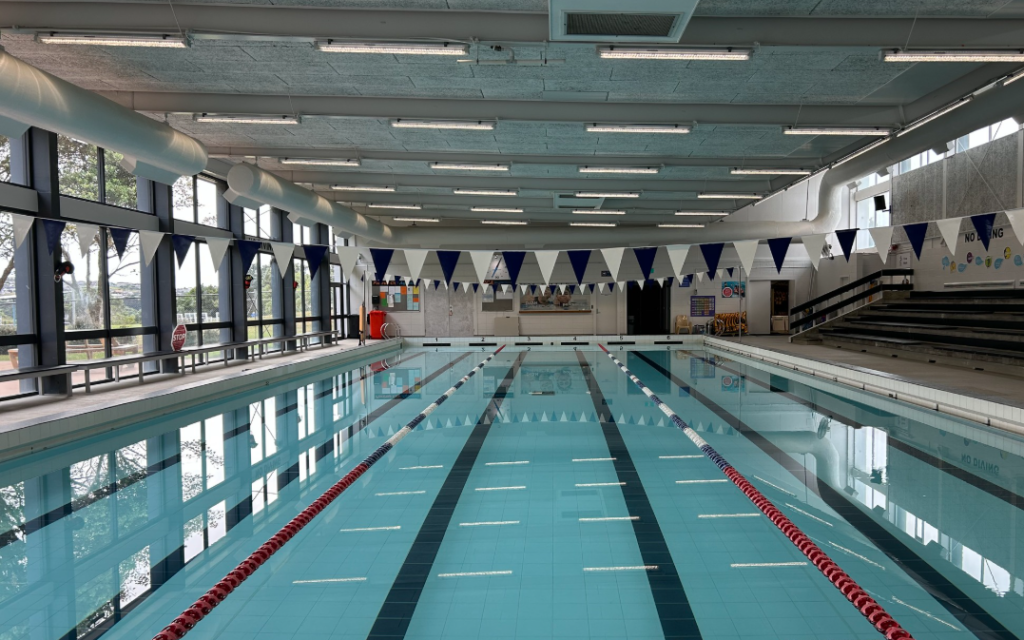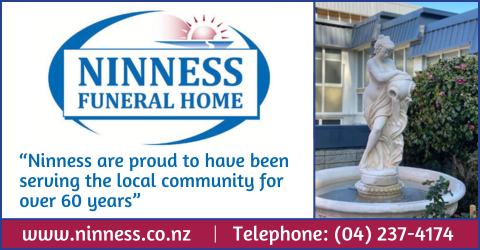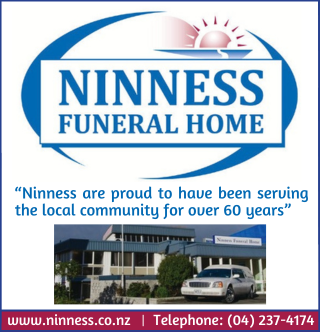
Porirua City Council’s recent proposal to increase Cannons Creek Pool entry fees by 25 percent has triggered a wave of public backlash, with residents calling the move inequitable, performative, and financially unjustified.
The Council shared the proposal via Facebook as part of its 2025/26 Annual Plan consultation, stating that the fee hike—applied to a community facility already subsidised by rates—would reduce the proposed 6.75 percent average rates increase by 0.1 percent. While the Council noted that Cannons Creek Pool costs $1.6 million a year to operate and generates just $600,000 in revenue, many locals were quick to question the rationale behind targeting a service used primarily by lower-income families, children, and the elderly.
Commenters described the move as tone-deaf, with some expressing concern that it could reduce access to swimming lessons and recreational activities for those already struggling with rising living costs. Several users pointed out that Cannons Creek is a high-deprivation area and questioned why the Council would choose to “tax the most vulnerable” for such a minimal gain.
Others took aim at the Council’s spending priorities. Many highlighted the salary of Chief Executive Wendy Walker—reported at over $388,000 annually—as an example of where savings might be better sought. The sentiment that “executive pay should be cut before community services” was echoed repeatedly, alongside calls for a full audit of council salaries, consultants, and under-utilised assets.
Frustration over rising rates was another common theme, with multiple residents referencing last year’s 20 percent increase as a tipping point. One commenter noted that despite paying some of the highest rates in the country, basic services and infrastructure have not visibly improved. Another suggested the council’s spending habits are “disconnected from the reality ratepayers face.”
Suggestions for alternative revenue streams included charging higher fees to non-residents using city facilities, leasing underused council land, and revisiting the costs of major projects. Some questioned whether recent paid parking schemes had delivered promised savings, and others called for a freeze on all non-essential council expenditure.
While the Council encouraged residents to make formal submissions before the 20 April deadline, many expressed scepticism about whether community feedback would meaningfully influence the final decision. Several users described the consultation process as “tokenistic” or a “box-ticking exercise,” with some stating they felt decisions had already been made.
Despite the discontent, a few voices urged others to engage constructively. Submitting feedback, they argued, was still the most effective way to hold decision-makers accountable and to push for more equitable outcomes.
The debate has reignited long-standing concerns in Porirua over governance, transparency, and affordability. While the proposed pool fee increase may seem minor in fiscal terms, for many residents it has come to symbolise a broader disconnect between city leadership and the communities it serves.
Submissions on the proposal close at midnight on 20 April and can be made online at www.poriruacity.govt.nz/consultation.




































